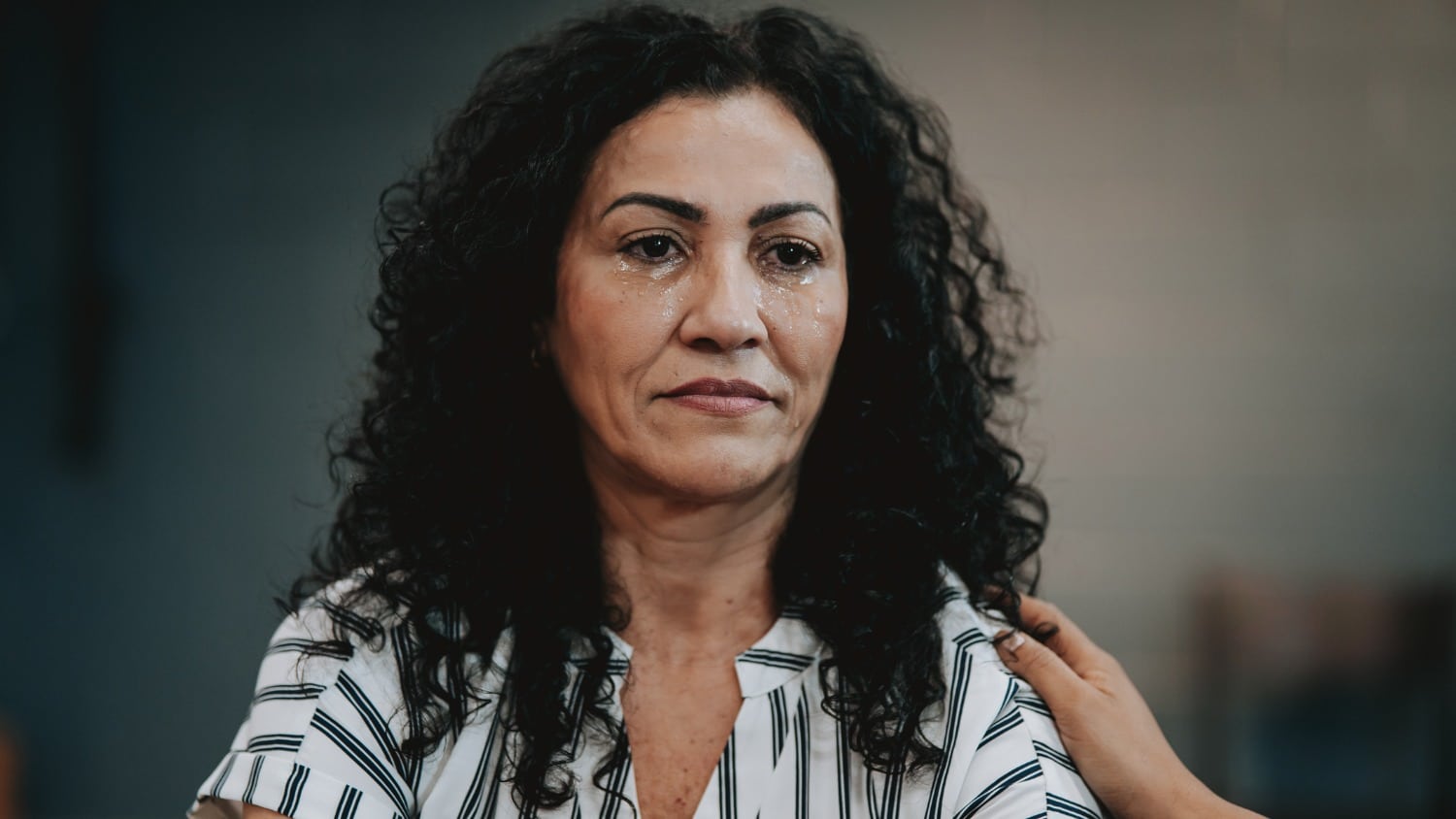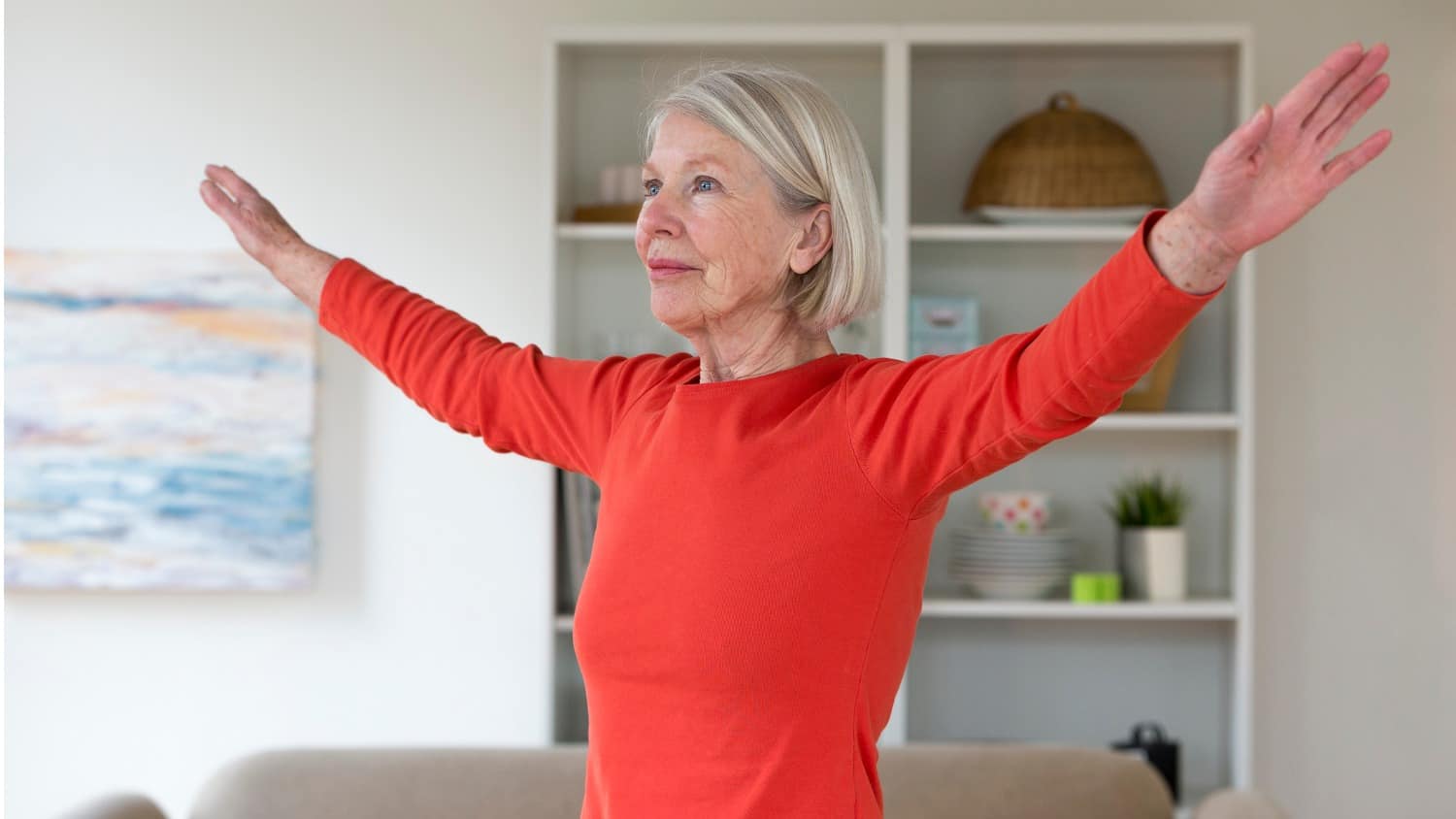
Grief and Loss in Later Life – Insights from a Life Coach and Former Funeral Director
Loss is an inevitable part of the human experience, and as we age, the frequency of bidding farewell to loved ones increases. As a life coach who has walked the path of grief and loss, having spent years as a funeral director, I understand the complexities that come with navigating this emotional journey, especially in the later stages of life. Let’s explore some aspects of coping with loss, finding resilience, and seeking support during challenging times.
Embracing Grief in Later Life
Grief is a universal emotion, yet its expression and impact vary for each individual. In later life, the experience of loss can be particularly poignant as individuals confront not only the departure of loved ones but also the contemplation of their mortality. It’s crucial to acknowledge that grieving is a natural and necessary process that takes time and unfolds differently for everyone.
As a life coach, I encourage those in the 60-plus generation to embrace their grief rather than suppress it. Understanding that grief is not a linear journey, but a series of emotions allows for a more compassionate self-exploration. It’s okay to feel a range of emotions – from sadness and anger to moments of acceptance and even joy in reminiscing about the good times shared.
The Funeral Director’s Perspective: Navigating the Bittersweet Experience of Grief in Later Life
Having spent years as a funeral director, I’ve had the privilege of serving many families in the 60-plus generation.
Losing someone to death during our 60s often marks the first personal encounter with grief for many individuals. As we usher into our seventh decade, it becomes a time when we not only bid farewell to our parents but witness our peers navigating the same painful journey of loss.
This experience carries a unique weight, as mortality knocks at our door in the most intimate of ways. The emotional complexity of grieving in our 60s lies in the intersection of personal loss, the collective departure of a generation, and the undeniable awareness that time is marching on.
Reflecting on Harmonious Unions
For many spouses who have shared a remarkable and harmonious union, grief may take on a poignant yet comforting note. In these cases, individuals often find solace in the treasure trove of memories and blessings they enjoyed with their life partner.
As a funeral director, I’ve seen the beauty of hearts resonating in unison, and the pain of parting is accompanied by deep gratitude for the love and companionship that defined their shared journey.
The Regret of Unfulfilled Years
However, not all unions are harmonious, and grief in later life can carry a tinge of regret for those who endured years in a challenging or unfulfilling relationship. As a funeral director, I’ve witnessed the weight of unspoken burdens lifting during these moments of loss.
There’s a recognition of the time lost in a difficult union, and grief becomes a complex interplay of emotions – mourning the departed, lamenting the years gone by, and grappling with time.
The Void of Loss and Uncertainty
The departure of a life partner leaves behind an unmistakable void. Questions linger, “What will I do without my companion? How will I manage? How much time do I have left?” As a funeral director, I’ve seen these questions etched on the faces of those mourning. The uncertainty of navigating life without a lifelong companion can be daunting, and grief becomes a journey into the unknown.
Embracing New Beginnings
Yet, amidst the pain of grief, there exists a remarkable resilience. Grief can be a catalyst for embracing new ways of living and finding joy in the time ahead. I’ve seen individuals, despite their sorrow, embark on a journey of self-discovery. The later years become an opportunity to redefine one’s purpose, nurture neglected passions, and savor the freedom to explore new avenues.
The Role of Resilience
Resilience is a powerful force that can help individuals weather the storms of grief. I witnessed countless stories of resilience, where individuals found the strength to rebuild their lives after loss. Resilience, in the context of grief, is not about forgetting the pain but rather adapting to it and moving forward with a renewed sense of purpose.
One effective way to cultivate resilience is by nurturing a positive mindset. Acknowledging that grief is a part of life, and setbacks are steppingstones to growth, empowers individuals to face challenges head-on. Resilience is not about avoiding pain but about developing the capacity to endure and emerge stronger on the other side.
Finding Support in Unexpected Places
Navigating grief in later life doesn’t mean walking the path alone. In my experience as a life coach, I have witnessed the transformative power of seeking and receiving support. Sometimes, this support comes from unexpected sources – friends, family, or even newfound connections. It’s important to recognize that vulnerability is not a sign of weakness but a courageous step toward healing.
Joining support groups specifically tailored for individuals in the 60-plus generation can provide a sense of community and understanding. Sharing experiences with those who have faced similar losses creates a space for empathy and mutual support. Additionally, professional counseling can offer valuable insights and coping strategies, guiding individuals through the intricacies of their unique grief journey.
Honoring the Past and Embracing the Present
As someone who has been intimately involved in the funeral industry, I always encourage individuals to find meaningful ways to honor the memories of their loved ones. Creating rituals or traditions to commemorate special occasions or anniversaries can be a therapeutic way to keep their presence alive in one’s heart.
In my role as a life coach, I always steer mourners to focus on what they have gained from their experiences rather than solely on what has been lost. This shift in perspective can be a powerful tool for healing and personal growth.
Channeling Grief into Purpose
One transformative aspect of grief is the potential for channeling the emotions associated with loss into a newfound sense of purpose. I encourage individuals to explore activities or causes that resonate with their values and passions. Volunteering, starting a project, or becoming involved in community initiatives can be powerful ways to turn grief into a force for positive change.
Grief and loss in later life are intricate journeys that require patience, self-compassion, and a willingness to seek support. As a life coach who has transitioned from the funeral industry to guide individuals through life’s challenges, I emphasize the importance of embracing grief, finding support, and honoring both the past and the present.
Ironically, within the experience of grief – one we will all encounter – there lies the potential for transformation and the emergence of a more resilient self and purpose-driven life.
Let’s Have a Conversation:
Have you found meaningful ways to deal with your grief? What are they and how have they worked for you?







Beautifully said.
After 3.5 years with a terminal illness my spouse of 40 years died. I was his caregiver and advocate along with my daughter. We fought as he did to keep it together but in the end we knew it was over for him. At the moment of death I breathed a sigh of relief. No longer would he be in agony. I made it through the worst time of my life and I did because of my faith. God answers if you call to HIM.
I have to add that you can do it without God’s help too. Rely on yourself and your friends!
Hi Peggy, A strong support system is so important. Glad they were there for you!
– prayer does help, esp if you don’t have family and friends, who are really there for you!
My husbands cancer journey was only 15 months and a peaceful passing. Also relief, grief and gratitude God showed all of us mercy during a tragic time. Resilience was my nature after 30 yr marriage. My sons followed my lead and 7 years later we live joyful lives while missing a big part of who we are. I’m engaged to another widow and we do find joy among tough times. Great blog post.
Hi Carol, Glad you and your family were able to find joy as time went on. I wish you all the best in your new relationship!
Dee, faith is certainly a comfort during times of loss. What a blessing to have had such a special life partner. I wish you peace.
I need to join
Great article
Hi Liz, Thanks for the feedback. I am always available for blog topic suggestions. Please reach out. Diane
I am 62.. and my 18 year old son committed suicide 6 months ago.. I raised him by myself and he started to show signs of schizophrenia but was super smart top and his law class at high school and basketball player and he would not talk about these things I could notice some things.,.. we got him to a therapist… A psychiatrist who eventually gave him some medicine but my son would not take any medicine. Never took medicine in his life.. told me he was building a radio in the garage I even held the box and could not tell that it was actually a gun. And I went to work one day and came home and found him in the garage. So I have much trauma. The VA is working with me but so far I don’t have a grief specialist which I need. I do go to grief groups but they just make me sad. After 6 months I can still not get off the couch I work about one or two days a week as I’m collecting social security. As you can imagine he was my life. I still have a 15 year-old son who lives with his mother and usually comes over once a week.. mostly throughout the I am alone in this house. I have no motivation.. now it’s me who’s hopeless. People give me suggestions but I can’t do anything. Feel like my life is over.
losing a child is so much different than losing someone older, family member, spouse, friend. have you thought about going to find a group just for those who lost children – maybe just maybe that would help somewhat
I found the personal groups didnt suit me but the online did…you can step back when too much for you , but at other times it feels like a loving hug.
so sorry for your loss… there was mental illness in my family and it can be a lonely journey….
Steve, as someone who has also lost a child (mental illness leading to addiction), my heart goes out to you. I am here to tell you that you CAN go on and your life is not over. If support groups make you too sad (they didn’t work for me or my husband either), please find a good grief therapist that you can talk to. Also, the more time you spend with loved ones…family, friends, the better. The longer you stay in your house alone, the worse you are going to feel. Take your other son on outings! Go do things together. Make sure you are eating healthy foods and drinking lots of water. Take vitamin D. Take walks around your neighborhood.
You can do this! Your son would want you to move forward with your life. You are honoring him by doing so. ❤️
Dear Steve, I have also suffered alone and solo since my sons death by suicide in 2001.. My ex had always said i was over dramatic in my concerns for our child …he left us when my youngest was 13 ,3 mths after he left my Gareth took his life..i couldnt get back on my feet tho i tried…I belong to a suicide group ..on line and supporting others helps us too. We are not alone so reach out locally and on line ..if you hve a faith this will help immensely…again reach out ..you are not alone.. I send my loving condolences to you and family .Your son seems like a very very clever young man ..God bless and comfort and support you with the right people..
My husband of many years passed 2 years ago. He died at home and I helped to care for him. Grief takes time. I am changing a little after 2 years. Hard to go on sometimes but we all have to go forward. The passage of time helps.
I found it took 2 years as well. I really turned a corner after that, having lost my wife.
Gerry, I am so sorry for your loss. Grief does take time and should never be rushed.
Hi Renee, grief does take time for sure. I wish you the best as you continue to navigate through this difficult time.
My husband passed away at home after a 2 year illness with bladder cancer. It is 15 months for me and lately I feel very very sad. Never thought my future would be so empty.
Bailey, my heart breaks for you … yes, I understand “my future would be so empty” … I know very well I am doing Aok and will continue forward with daily routines … but it is a surprise … never saw the emotional loneliness coming.